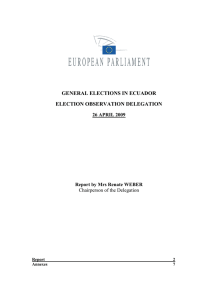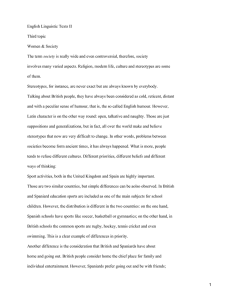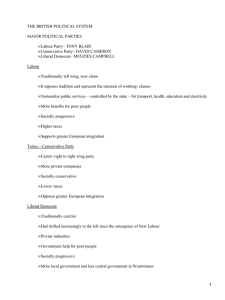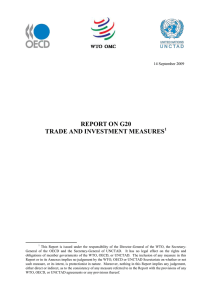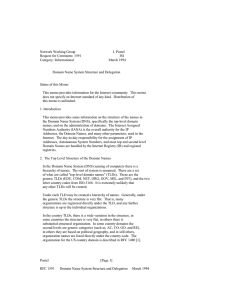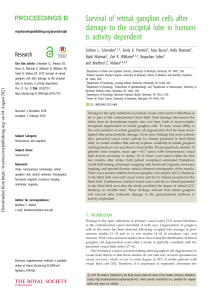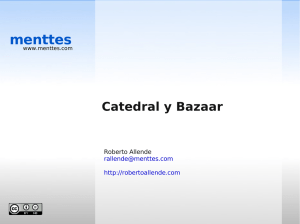STATEMENT OF THE EUROPEAN PARLIAMENT`S DELEGATION
Anuncio
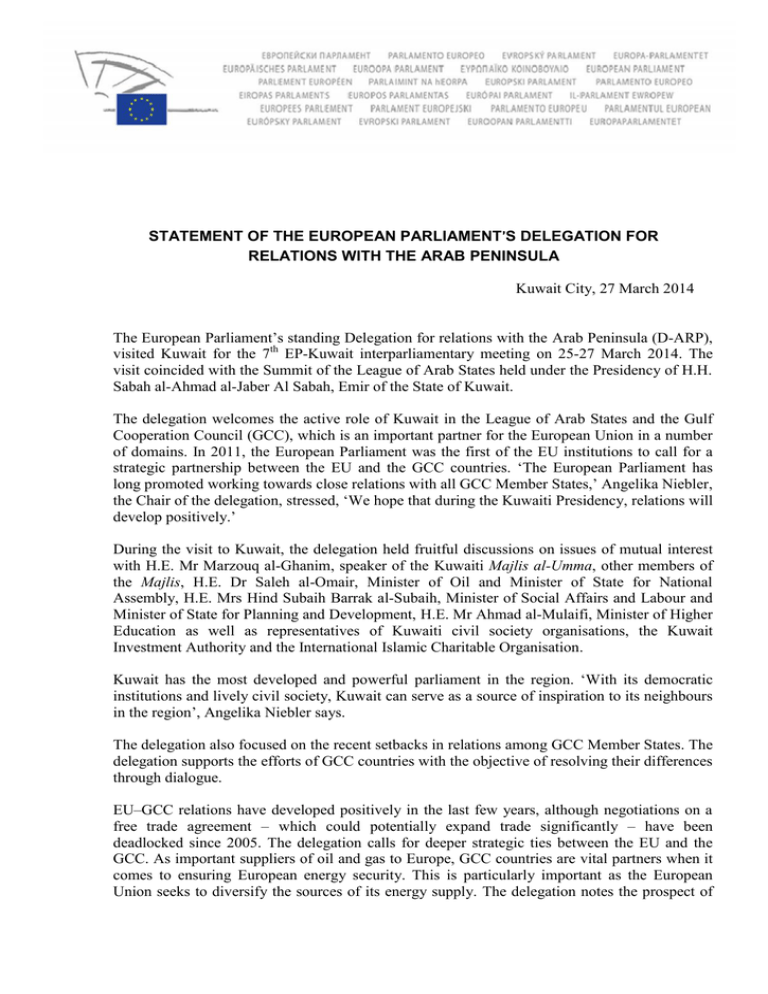
STATEMENT OF THE EUROPEAN PARLIAMENT’S DELEGATION FOR RELATIONS WITH THE ARAB PENINSULA Kuwait City, 27 March 2014 The European Parliament’s standing Delegation for relations with the Arab Peninsula (D-ARP), visited Kuwait for the 7th EP-Kuwait interparliamentary meeting on 25-27 March 2014. The visit coincided with the Summit of the League of Arab States held under the Presidency of H.H. Sabah al-Ahmad al-Jaber Al Sabah, Emir of the State of Kuwait. The delegation welcomes the active role of Kuwait in the League of Arab States and the Gulf Cooperation Council (GCC), which is an important partner for the European Union in a number of domains. In 2011, the European Parliament was the first of the EU institutions to call for a strategic partnership between the EU and the GCC countries. ‘The European Parliament has long promoted working towards close relations with all GCC Member States,’ Angelika Niebler, the Chair of the delegation, stressed, ‘We hope that during the Kuwaiti Presidency, relations will develop positively.’ During the visit to Kuwait, the delegation held fruitful discussions on issues of mutual interest with H.E. Mr Marzouq al-Ghanim, speaker of the Kuwaiti Majlis al-Umma, other members of the Majlis, H.E. Dr Saleh al-Omair, Minister of Oil and Minister of State for National Assembly, H.E. Mrs Hind Subaih Barrak al-Subaih, Minister of Social Affairs and Labour and Minister of State for Planning and Development, H.E. Mr Ahmad al-Mulaifi, Minister of Higher Education as well as representatives of Kuwaiti civil society organisations, the Kuwait Investment Authority and the International Islamic Charitable Organisation. Kuwait has the most developed and powerful parliament in the region. ‘With its democratic institutions and lively civil society, Kuwait can serve as a source of inspiration to its neighbours in the region’, Angelika Niebler says. The delegation also focused on the recent setbacks in relations among GCC Member States. The delegation supports the efforts of GCC countries with the objective of resolving their differences through dialogue. EU–GCC relations have developed positively in the last few years, although negotiations on a free trade agreement – which could potentially expand trade significantly – have been deadlocked since 2005. The delegation calls for deeper strategic ties between the EU and the GCC. As important suppliers of oil and gas to Europe, GCC countries are vital partners when it comes to ensuring European energy security. This is particularly important as the European Union seeks to diversify the sources of its energy supply. The delegation notes the prospect of extending cooperation to other areas such as investment, research, education, technology and culture. The delegation also discussed the political situation in the region, inter alia the IsraeliPalestinian conflict, Iran, Iraq, the Syrian civil war, the humanitarian crisis in Syria and its neighbouring countries. The Delegation commends the prominent role Kuwait has taken in organising international donors’ conferences to mobilise assistance to respond to humanitarian and development needs. The delegation discussed issues related to migrant domestic workers and their rights with Kuwaiti representatives and civil society organisations. The delegation encourages the Kuwaiti authorities to reform the Kafala system. Reforms to this system have already been initiated in Bahrain and the UAE. It is particularly important to address the lack of legislation regarding domestic workers, considering the links to human trafficking and violence against women. The delegation welcomes the information it received on parliamentary initiatives to resolve this situation. The delegation also addressed the situation of stateless people in Kuwait (bidoon) and takes note that this issue will also be examined in the National Assembly. Regarding the issue of the inclusion of Kuwait in the Schengen visa waiver programme, the Delegation took note of the Kuwaiti request to achieve a consistent and fair visa regime for all GCC countries. The delegation for relations with the Arab Peninsula was composed of Angelika Niebler, Chair (EPP, Germany), Holger Krahmer, Vice-Chair (ALDE, Germany), Vicente Miguel Garcés Ramón (S&D, Spain), and Francesco Enrico Speroni (EFD, Italy).
